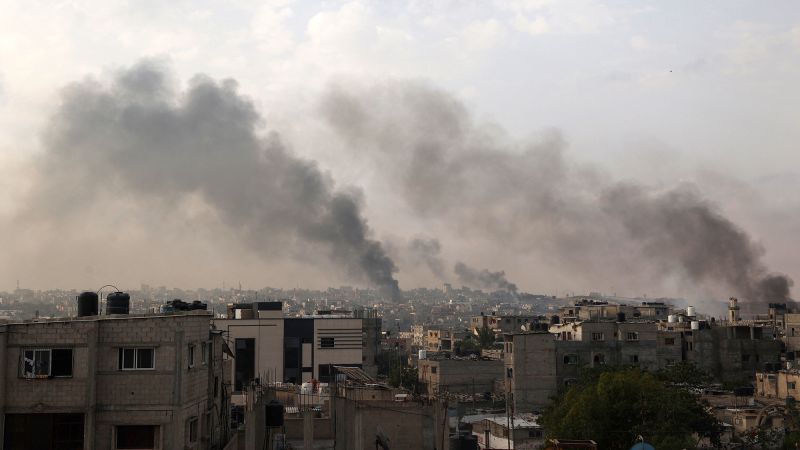Israel has recently confirmed that its military forces are indeed stationed in the central Rafah location, situated in the southern city of Gaza. This bold move comes amidst an intensified wave of international condemnation against its operations in the conflicted region. This article aims to delve into the intricacies surrounding Israel’s response, the potential implications of the occupation, and the international community’s reaction.
Israel’s Defense Forces (IDF) have officially admitted that they have positioned their forces in central Rafah. This act represents an aggressive stance from the Israeli side amid a highly charged regional situation. Despite knowing that this may potentially exacerbate the already tense environment, Israel maintains that its movements are purely defensive and in response to escalating threats from the Hamas-led Gazan side.
The IDF, in their official statement, underscored that their presence in Rafah is in continuance of their commitment to deter and respond to the rocket attacks originating from Gaza towards Israel. Their primary objective, as iterated by them, is to safeguard the Israeli borders and defend its citizens against any potential threats emanating from the Gazan side.
However, this move is perceived as an audacious action by many international observers, as it demonstrates Israel’s defiance of international condemnation. Various countries and global organizations have openly expressed their disapproval of Israel’s ongoing offensive operations in Gaza, calling for an immediate cessation of hostilities.
Notably, human rights organizations have expressed their concerns about the increasing civilian casualties resulting from these operations. They are advocating for a more cautious approach, emphasizing the importance of compliance with international human rights laws. While the Israeli government asserts its actions are a necessary defense against militant attacks, critics argue that the scale of military operation is disproportionate, leading to undue suffering and a humanitarian crisis.
In the wake of the international condemnation and growing concerns about a humanitarian crisis, Israel’s confirmation of its forces’ presence in central Rafah is seen as a blatant dismissal of the international condemnation. This action has brought forth more stringent demands for an impartial investigation into the ongoing conflict, and possible violations of international law by all warring parties.
The full repercussions of this defiant Israeli stance are yet to unfold. There is a dire need for establishing open lines of communication, genuine dialogue, and renewed peace talks. While the bilateral situation remains tense, it is the hope of the international community that the warring parties would halt any further provocations, and adhere to international law to protect the lives and rights of civilians. By doing so, there can be a transition from the cycle of violence towards a lasting peace – an aspiration shared by all.
In the light of these developments, there’s a crucial role for the international community to play. They are urged to use their influence wisely, not merely limiting it to issuing condemnations, but conducting steady diplomatic pressure to prevent the escalating crisis in the troubled region.
In conclusion, it is necessary to keep an eye on this unfolding dynamic in Rafah and its implications for Israeli-Palestinian relations, Middle East diplomacy, and global peace. There are no winners in war, just victims. A considered approach to the ongoing political and humanitarian crisis in the Gaza Strip is urgently needed. As this situation continues to evolve, it serves as a stark reminder of the urgent need for a feasible and enduring solution to the Israeli-Palestinian conflict.




